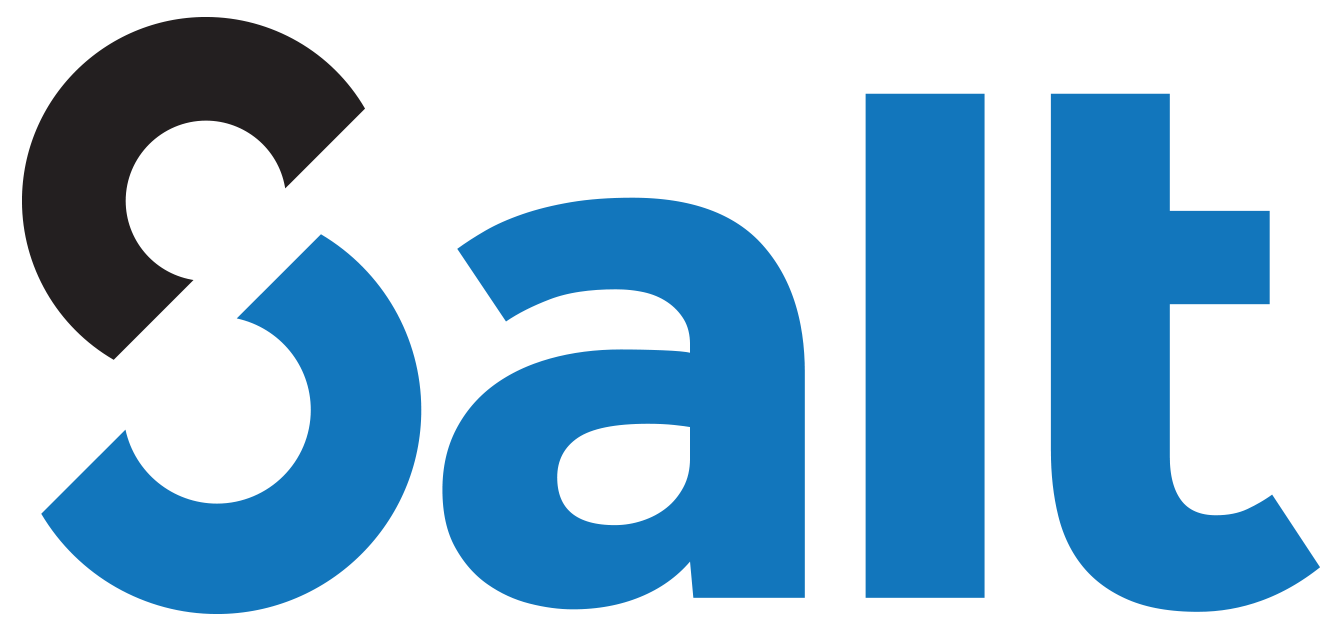Convidamos para a Defesa de Tese de Doutorado:
DATA/HORA DE DEFESA: 29/04/2021 09:00h
LOCAL: https://meet.google.com/ved-mbnv-kec
CANDIDATO: Ronney Moreira de Castro
ORIENTADORES: Sean Wolfgand Matsui Siqueira & Bernardo Pereira Nunes
TÍTULO DA TESE: COMPLEXITY OF DIGITAL RESOURCES: An analysis of the complexity of digital resources through their conceptual networks
RESUMO:
The use of digital resources as a source of information is increasingly present in the quotidian of learners, educators, and, more broadly, in usual activities of people who use digital resources to learn about a particular subject. Understanding, dealing and estimating the complexity of the digital resources is a challenge for these people when they need to select and/or create digital resources for their daily and personal demands. Many aspects can influence a digital resource’s complexity, but from an educational perspective, the complexity of a digital resource is associated with its conceptual network. A conceptual network includes multiple and varied concepts and relationships with different meanings and hierarchical levels. This research proposes to analyze the complexity of digital resources through their conceptual network, considering various types of concepts and the relationships under four dimensions: size, interrelatedness, clustering, and uncertainty. Four main goals are addressed in this thesis: (1) identify useful features to differentiate the complexity of digital resources through the conceptual networks; (2) propose and evaluate metrics to estimate these features; (3) propose strategies to adapt the complexity of digital resources through their conceptual network; and, and, (4) evaluate the impact of these strategies in features of complexity. This research provides an approach to structure the information of a digital resource as a conceptual network, using semantic technologies (Linked data and ontologies). The network building makes the complexity of digital resources measurable through multiple features. Besides, this thesis‘ approach provides strategies that can support educators and learners to gradually comprehend and adapt the complexity of digital resources according to different educational demands and goals. The proposition of features, metrics of complexity, strategies to adapt the complexity and representations to comprehend it are based on a comprehensive theoretical background that includes complexity theory, its application in different contexts, educational indicators concerning educational material and instructional strategies and principles. The experimental study to evaluate the features and metrics demonstrated that they apply to the analysis of conceptual networks associated with digital resources and can differentiate their complexity. The evaluation of the strategies showed that they are viable to reduce complexity, although they have different impacts on features of complexity and varied applicability, advantages, and disadvantages.
Palavras-chave: digital resources, complexity theory, features of complexity, conceptual network, metrics of complexity, linked data, knowledge graph, ontologies.
BANCA EXAMINADORA:
– Sean Wolfgand Matsui Siqueira, UNIRIO
– Bernardo Pereira Nunes, ANU/UNIRIO
– Rodrigo Pereira dos Santos, UNIRIO
– Maria Augusta Silveira Netto Nunes, UNIRIO
– Adriana Santarosa Vivacqua, UFRJ
– Liamara Scortegagna, UFJF

